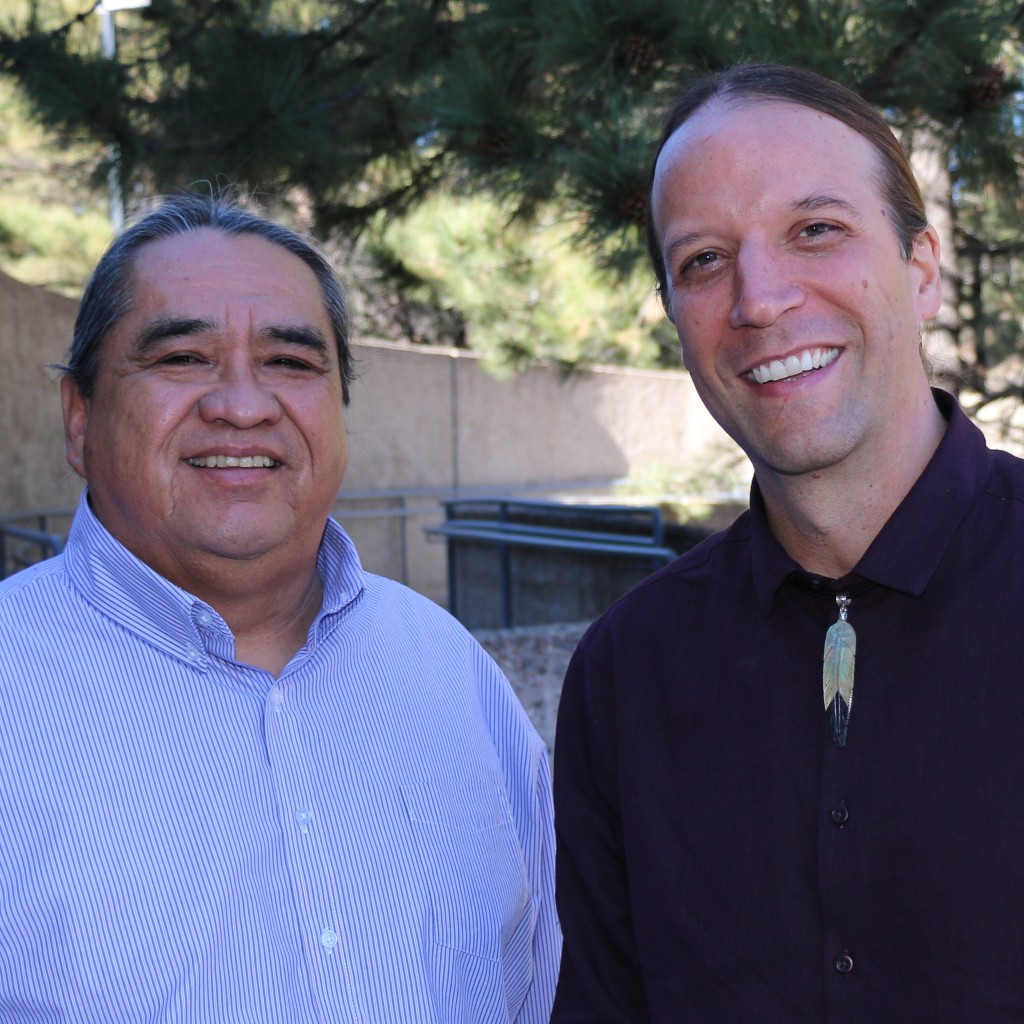NAU is developing a graduate certificate for indigenous leadership and native nation building through the Department of Applied Indigenous Studies. The program is part of a larger effort to support tribal leaders’ efforts at building sustainable, self-governing communities.
“A lot of people working in tribal government are thrust into positions with very little specialized training,” said Chad Hamill, director of the Applied Indigenous Studies. Hamill and others at NAU have worked directly with tribal leaders in creating this new graduate certificate and a Native Nation Building Leadership Initiative.
NAU recently hired Manley Begay as a professor of Applied Indigenous Studies, with the goal of helping tribal leaders focus on governance and political sovereignty.
“In the preceding era of native nation building, you had a period of time when the federal government decided how the nations would be built and there was a tremendous amount of dependency as a result,” Begay said. He compared this era of nation building to the fall of the Iron Curtain and the end of Apartheid, when leaders were able to build unique systems of government, write constitutions and create business infrastructures.
Begay said there has been broad support of the initiative, in part because of NAU’s goal of being a leader among universities serving native people.
The graduate certificate on native nation building is a collaborative effort within NAU’s College of Social and Behavioral Sciences, and Dean Karen Pugliesi said the initiative is important for the university.
The Native Nation Building Leadership Initiative is an ambitious agenda to advance the university’s goal to be a leading university serving Native American communities,” Pugliesi said. “The initiative is taking shape through engagement with tribal stakeholders and potential partners.”
NAU administrators and educators have long been associated with the region’s tribal leaders and this initiative is expected to strengthen those ties. “We’re right next to the largest reservation in the United States, so from an institutional standpoint, this initiative really makes sense,” Hamill said.



